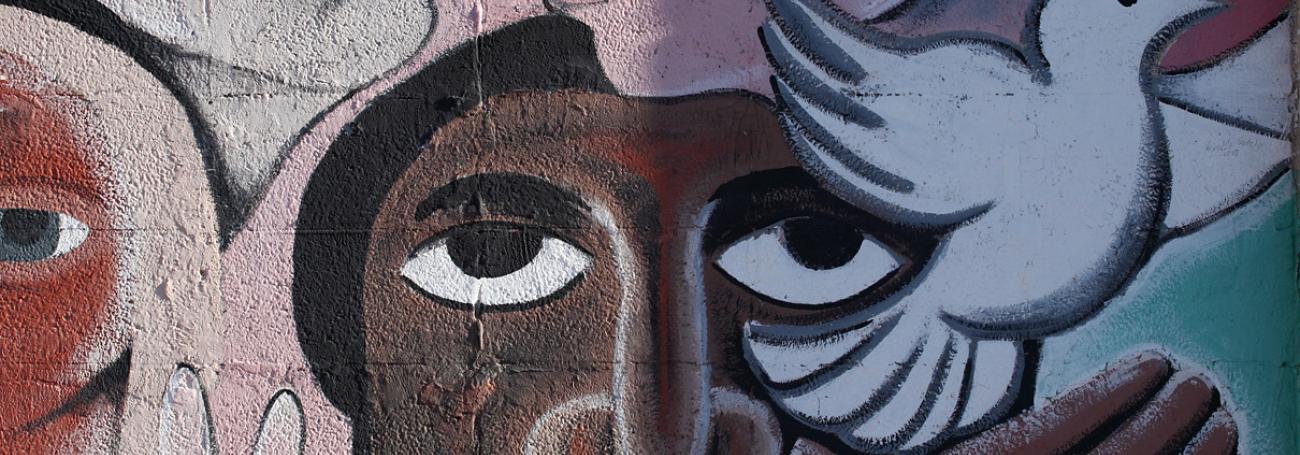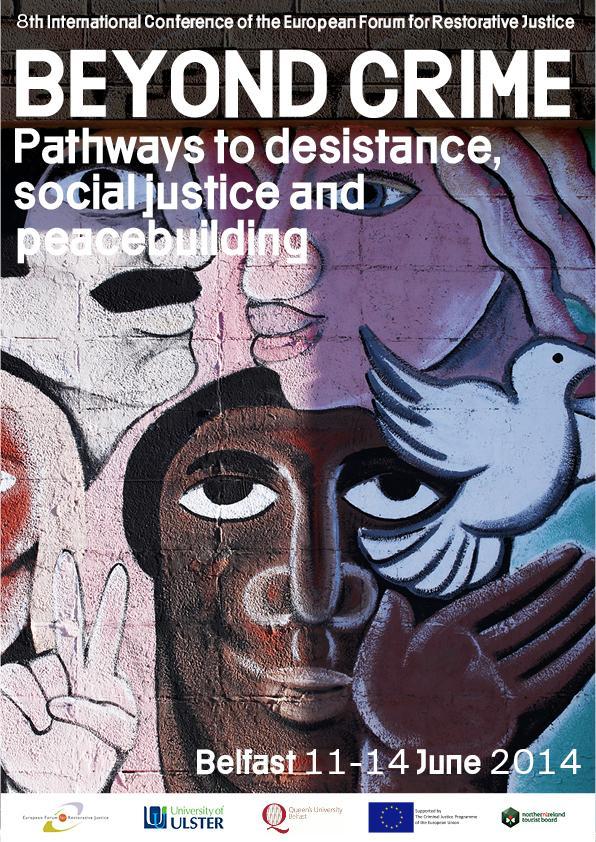
KEYNOTE SPEAKERS
- Shadd Maruna - Queen’s University Belfast
- Joanna Shapland - University of Sheffield
- Tove Malloy - Director of the European Centre for Minority Issues
- Brunilda Pali - Researcher at the Catholic University of Leuven
- John Braithwaite - Australian National University
- Kieran McEvoy - Queen’s University Belfast
OUR LOCAL HOST
Queen’s University Belfast and the University of Ulster
THEMES
- Desistance – Do RJ experiences help offenders to desist from crime? And if so, how does RJ as an “alternative” approach to crime control and punishment relate to current criminal justice policies and punishment models where risk assessment and evidence-based approaches prevail? RJ – as a positive and forward-looking approach – is often linked to the development of the Good Lives Model of Offender Rehabilitation. To what extent do RJ and desistance principles permeate in the work of prison officers and in probation work? Papers and workshops that look at these developments are welcomed.
- Social Justice – How can RJ contribute to social justice, especially in an increasingly intercultural society? RJ is often said to be limited in addressing underlying causes of crime. By simply holding offenders accountable for the wrongdoings RJ overlooks the structural inequalities and fails to address a broader network of responsibilities. For RJ interventions to be meaningful and sustainable new alliances with a wider range of organisations and social institutions are needed. The workshops under this theme are invited to re-think, and probably to establish, the relation between restorative justice and social justice.
- Peacebuilding – The central aim of this theme is to look at the value of RJ principles in the agenda of peacebuilding in divided, transitional, and post-conflict societies. Since several decades many countries emerging from conflict have opted for so-called transitional justice mechanisms to help and deal with their past. Gradually also RJ principles became introduced into several of these mechanisms. Papers and workshops on innovative developments or creative applications of RJ in peacebuilding settings are welcomed.


